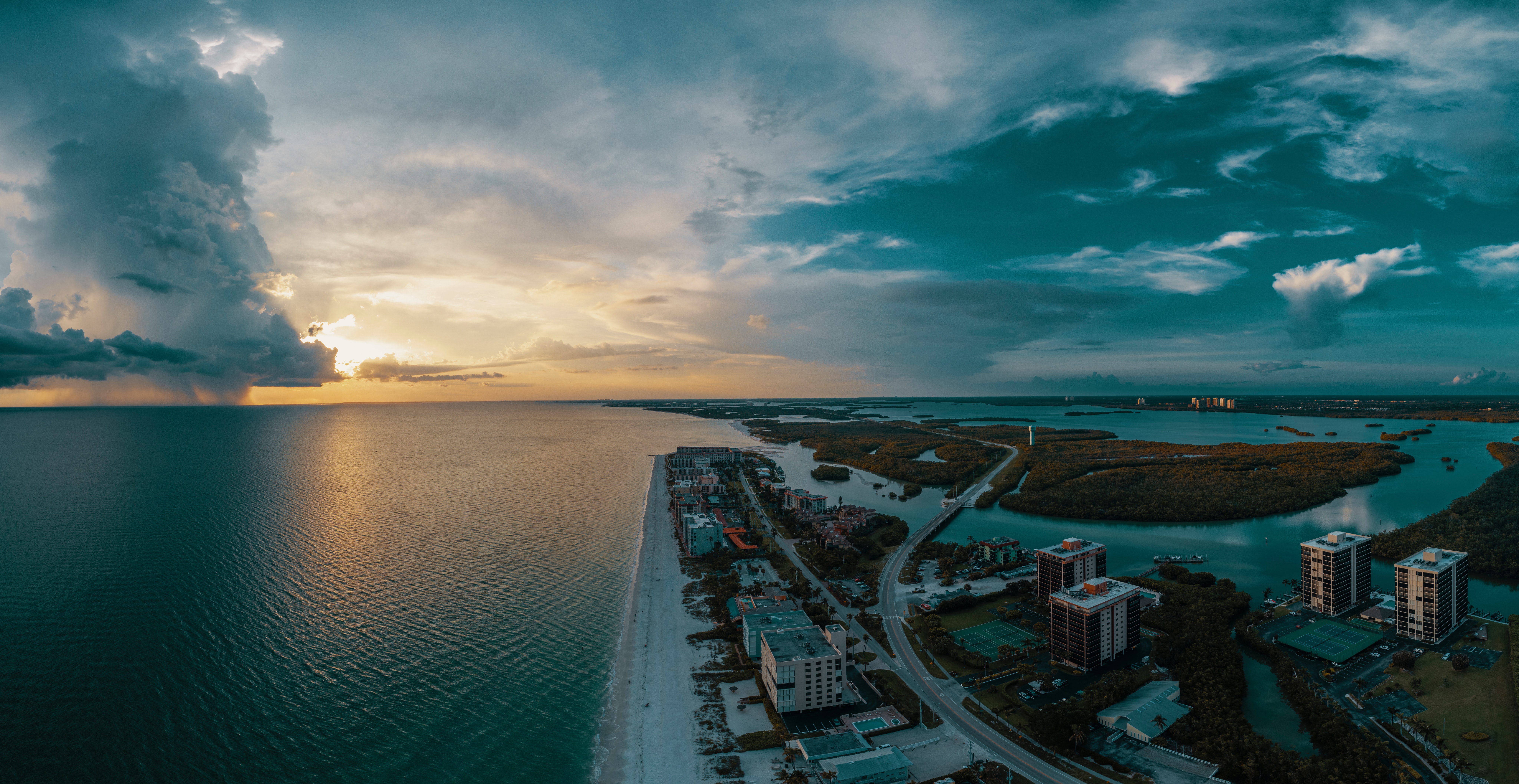
For the past century, humans have contributed to the changes observed in coastal environments. With approximately 40% of the world’s population residing near a coast, our impact on these diverse and sensitive zones creates long-lasting effects. These reports examine the dynamic relationship between humans and coastal ecosystems, and provide recommendations to reduce our footprint moving forward.
The U.S. Gulf Coast provides a valuable setting to study deeply connected natural and human interactions and feedbacks that have led to a complex, interconnected coastal system. The physical landscape in the region has changed significantly due to broad-scale, long-term processes such as coastal …
The Water Institute of the Gulf is a not-for-profit, independent research institute dedicated to advancing the understanding of coastal, deltaic, river and water resource systems, both within the Gulf Coast and around the world. Their mission supports …
Disaster Resilience: A National Imperative
No person or place is immune from disasters or disaster-related losses. Infectious disease outbreaks, acts of terrorism, social unrest, or financial disasters in addition to natural hazards can all lead to large-scale consequences for the nation and its communities. Communities and the nation …
Reducing Coastal Risk on the East and Gulf Coasts
Hurricane- and coastal-storm-related losses have increased substantially during the past century, largely due to increases in population and development in the most susceptible coastal areas. Climate change poses additional threats to coastal communities from sea level rise and possible …




